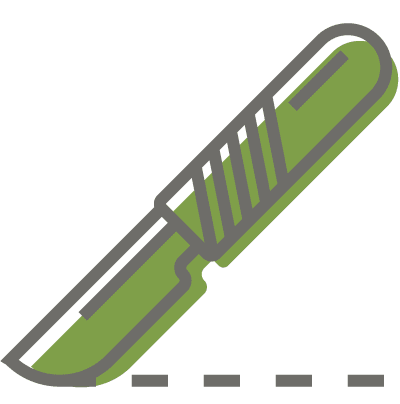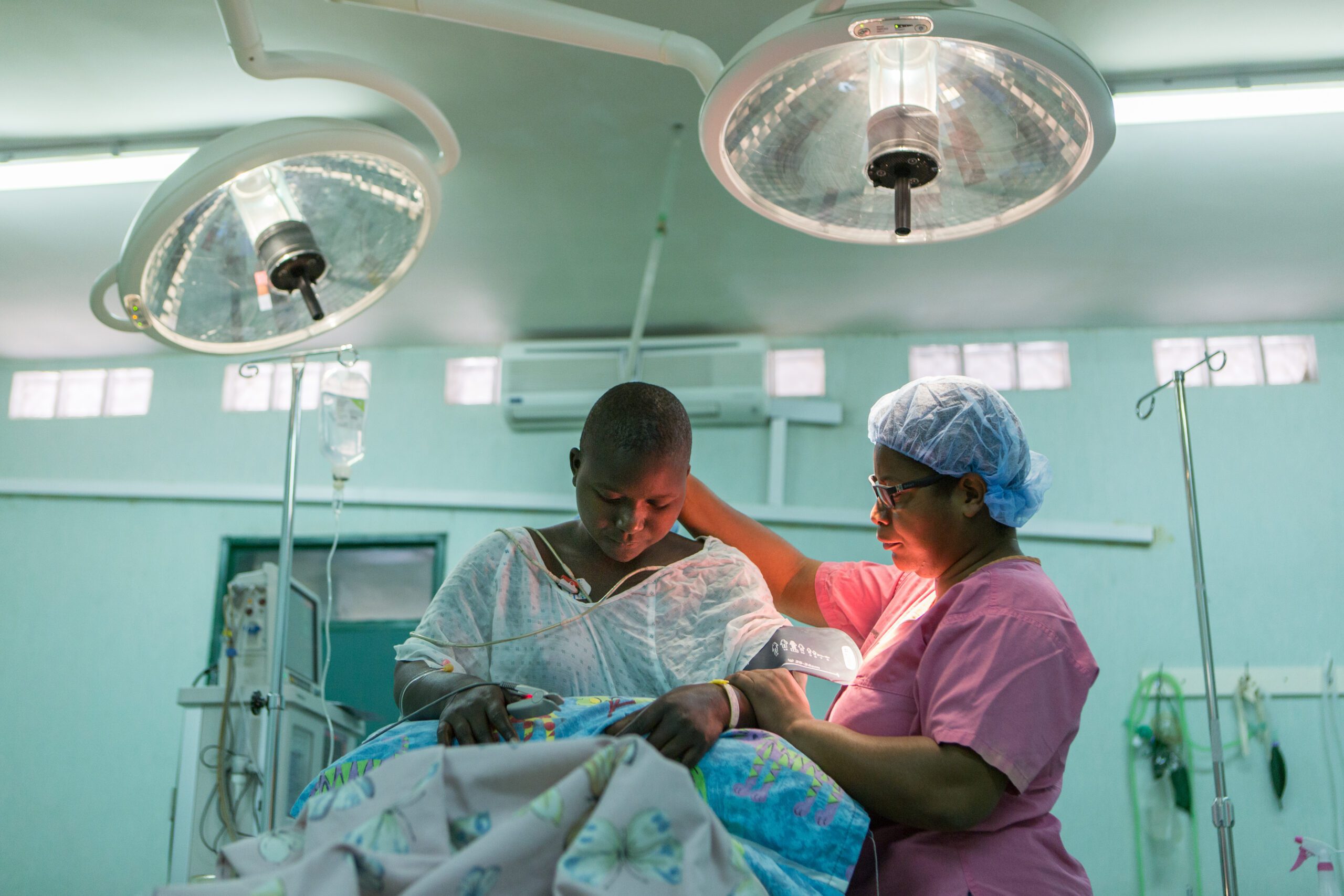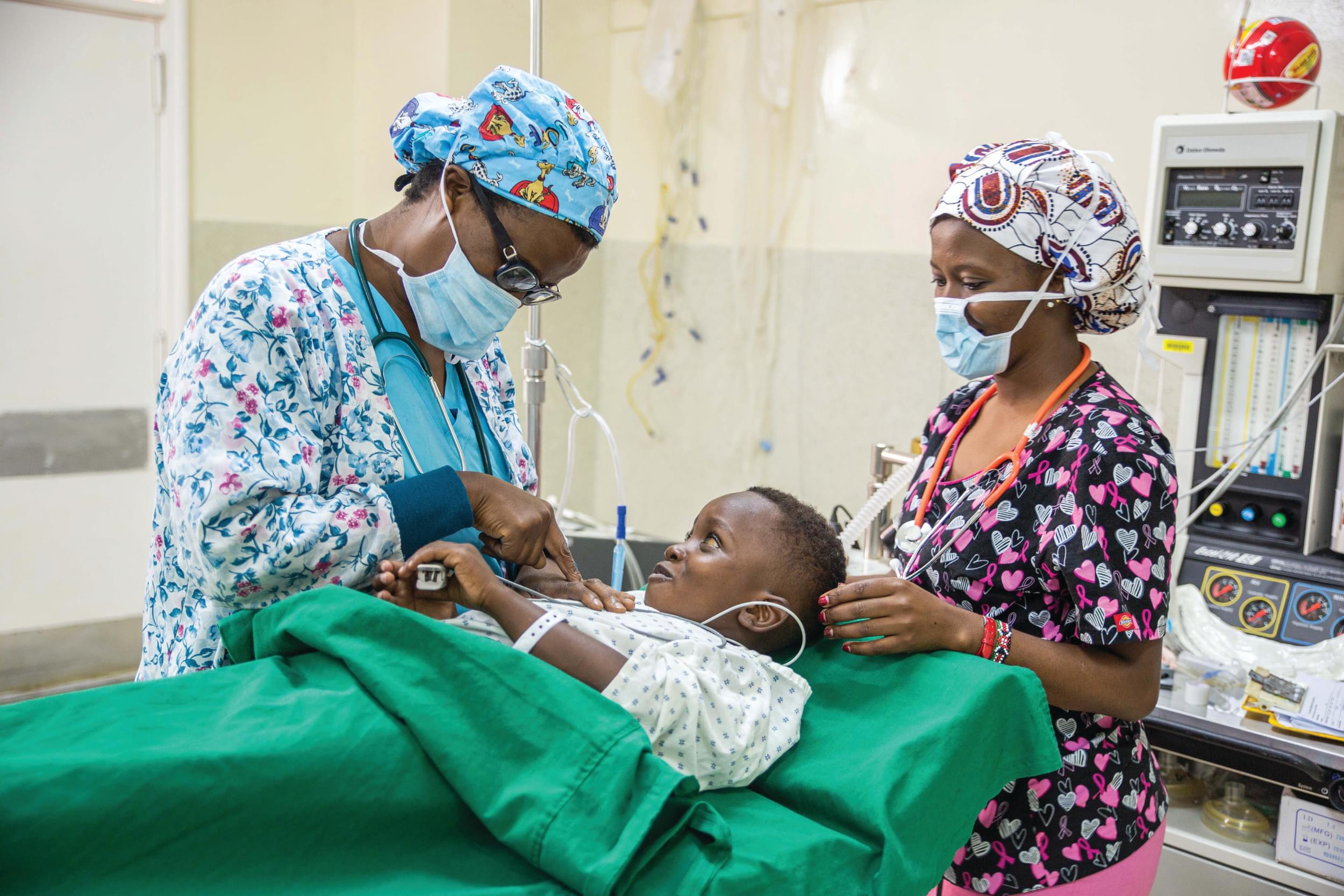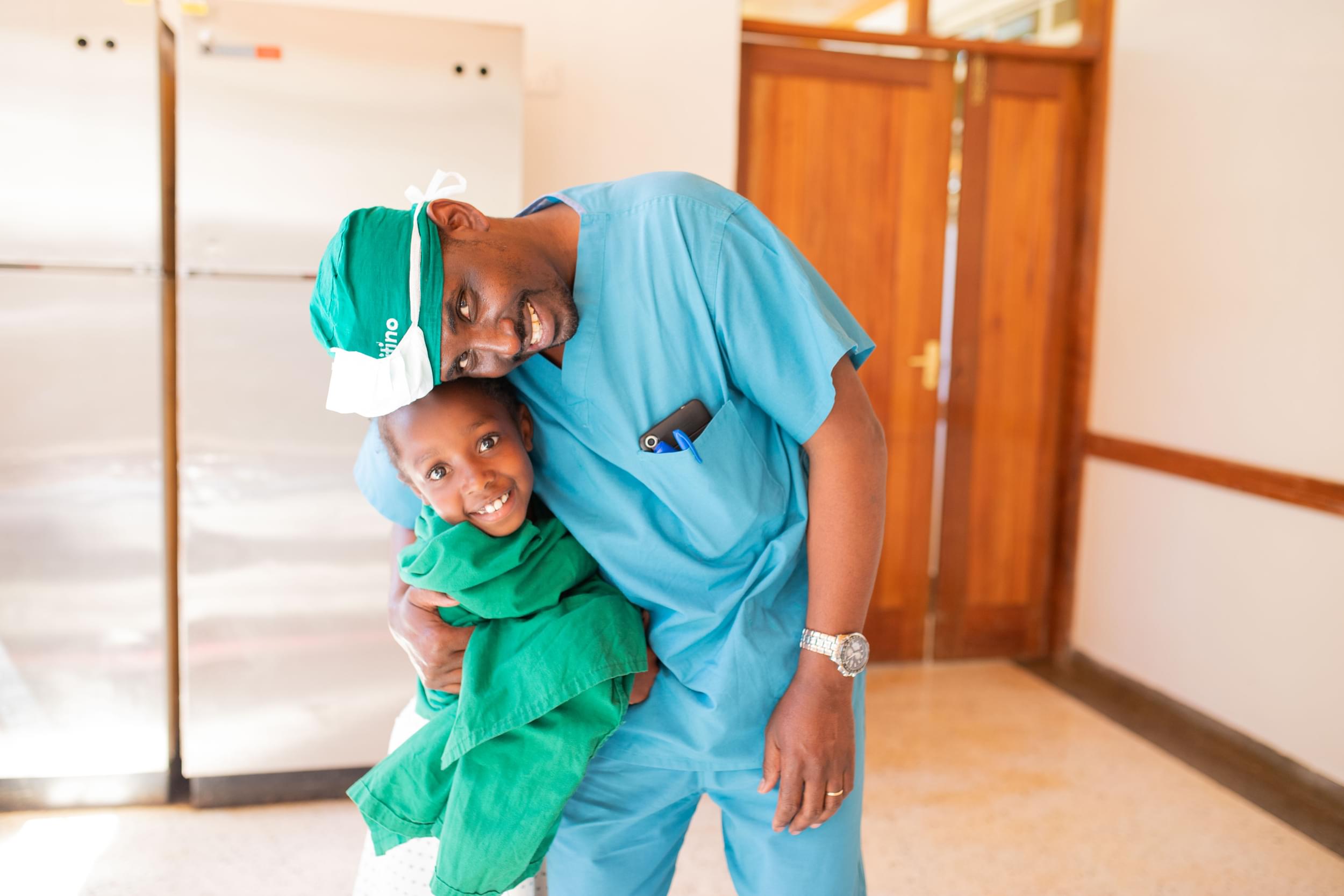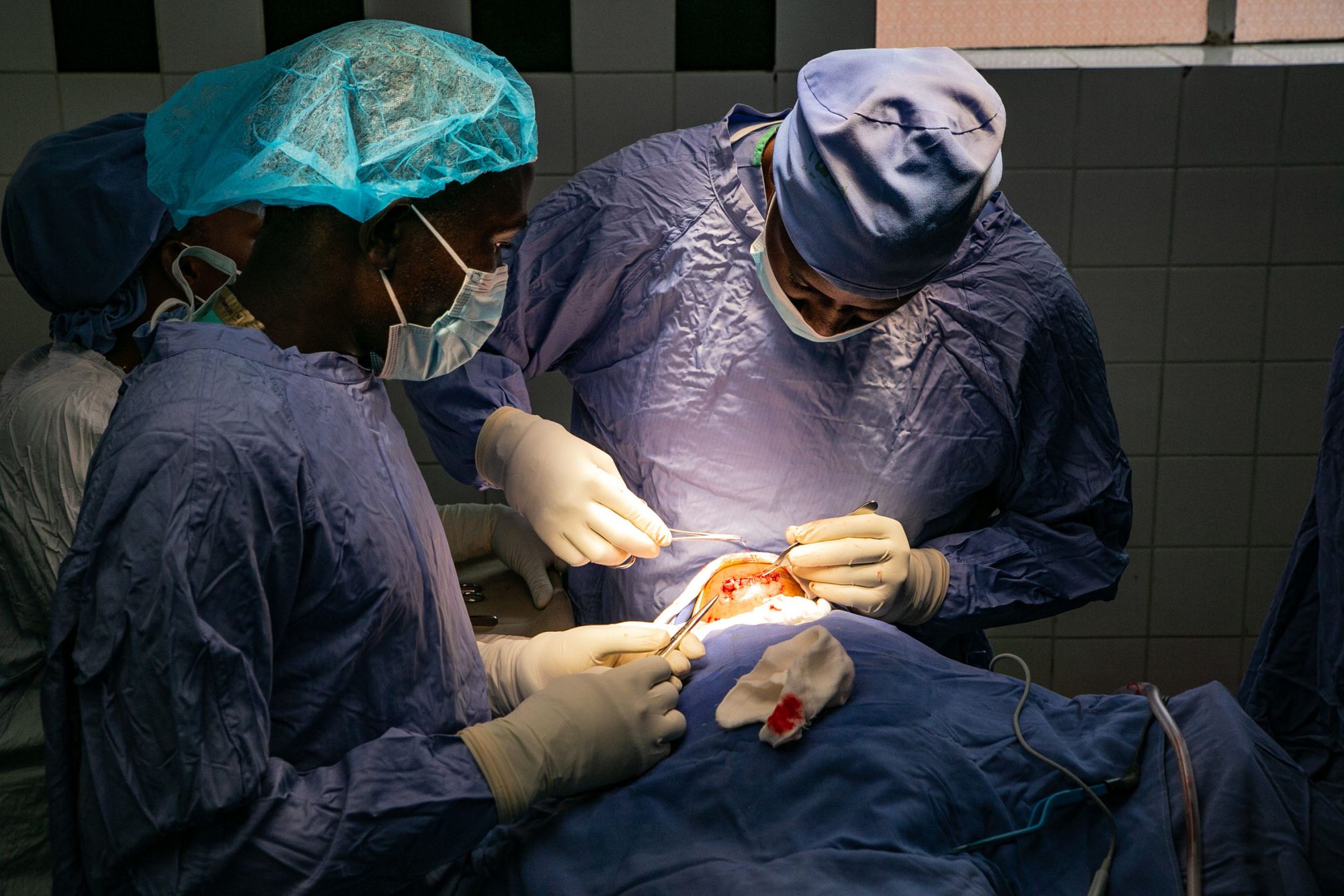Encephalocele
Encephalocele is a congenital deformation of the brain and spinal cord during pregnancy, where the spinal cord doesn’t properly close. This results in a large sac of brain tissue and spinal fluid protruding from an infant’s head, exposing and making vulnerable crucial parts of the nervous system.
While the exact cause of encephalocele is unknown, researchers have determined it is most likely a combination of genetics and environmental exposures before or during pregnancy. On rare occasions, non-congenital encephalocele may result from trauma, tumors, or injuries sustained during previous surgeries or treatments.
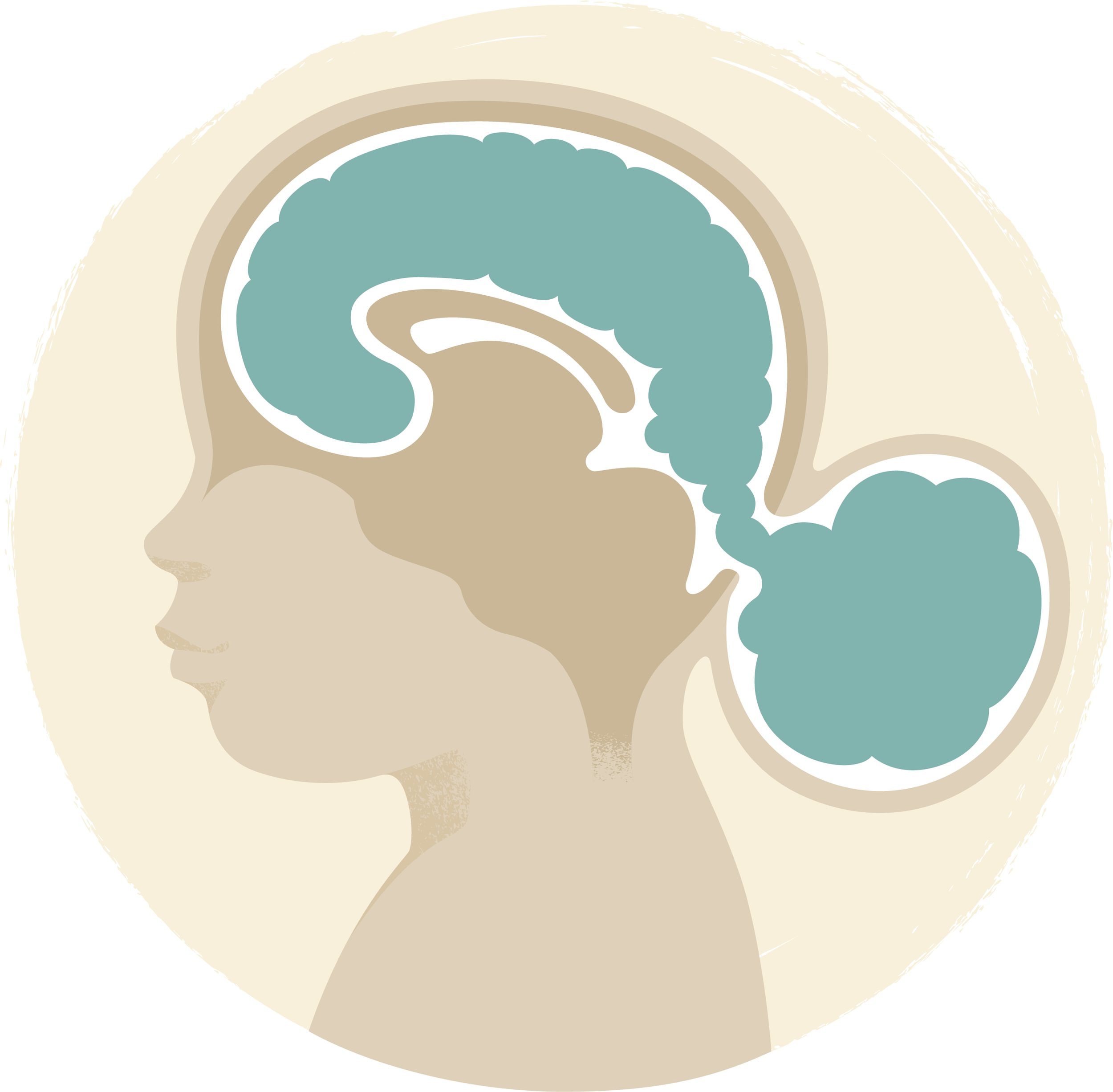
What issues do children with encephalocele face?
Symptoms of encephalocele are hydrocephalus, loss of motor function, an unusually small head, lack of coordination, developmental delays, mental disabilities, vision problems, delayed growth, and seizures.

Developmental Delays
Neurological impacts include mental disabilities, delayed growth, lack of coordination, and loss of motor function.
Stigma
Children and their families are often ridiculed or excluded from community life and activities, leading to isolation.
Life-Threatening
Encephalocele can be life-threatening if not treated.
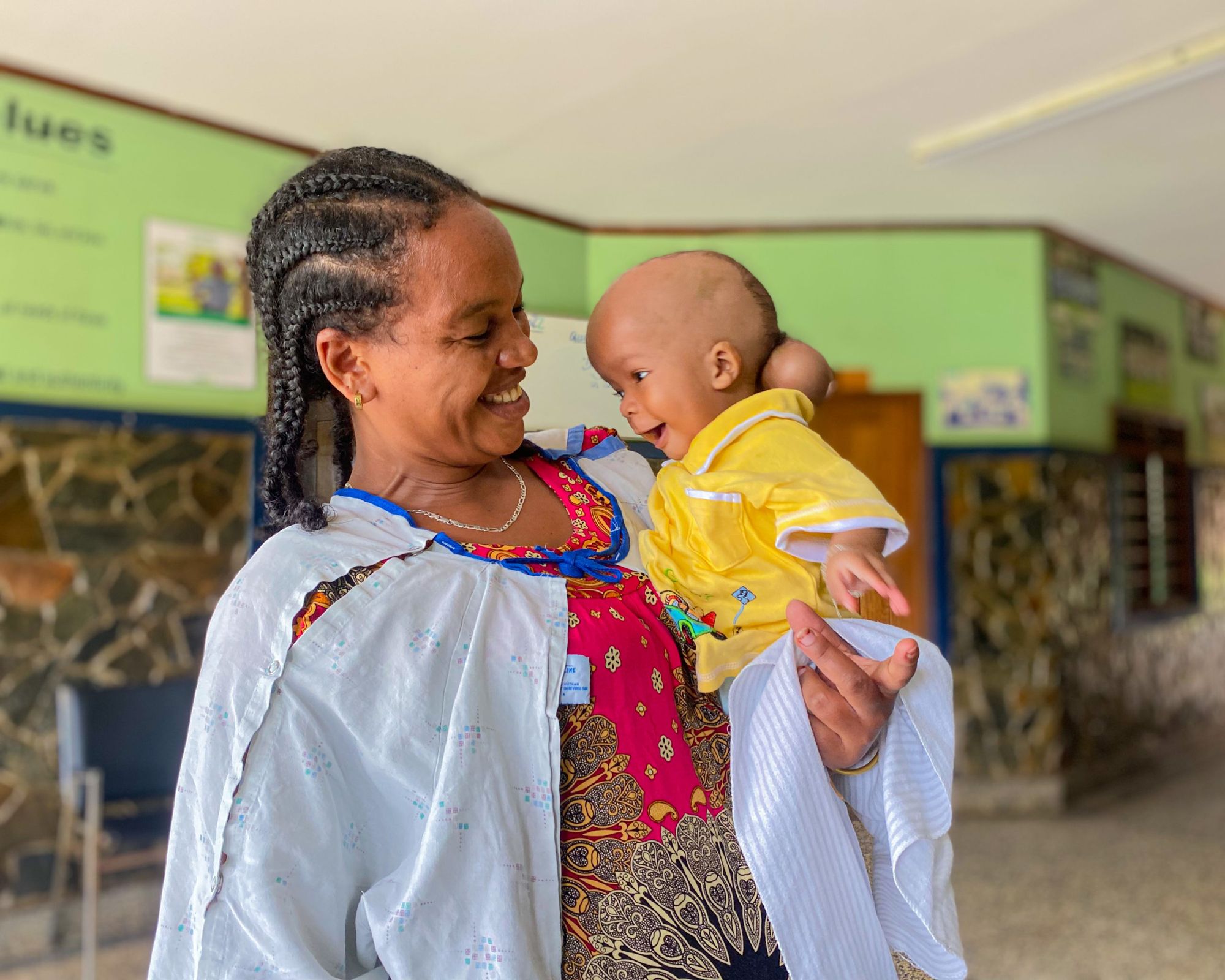
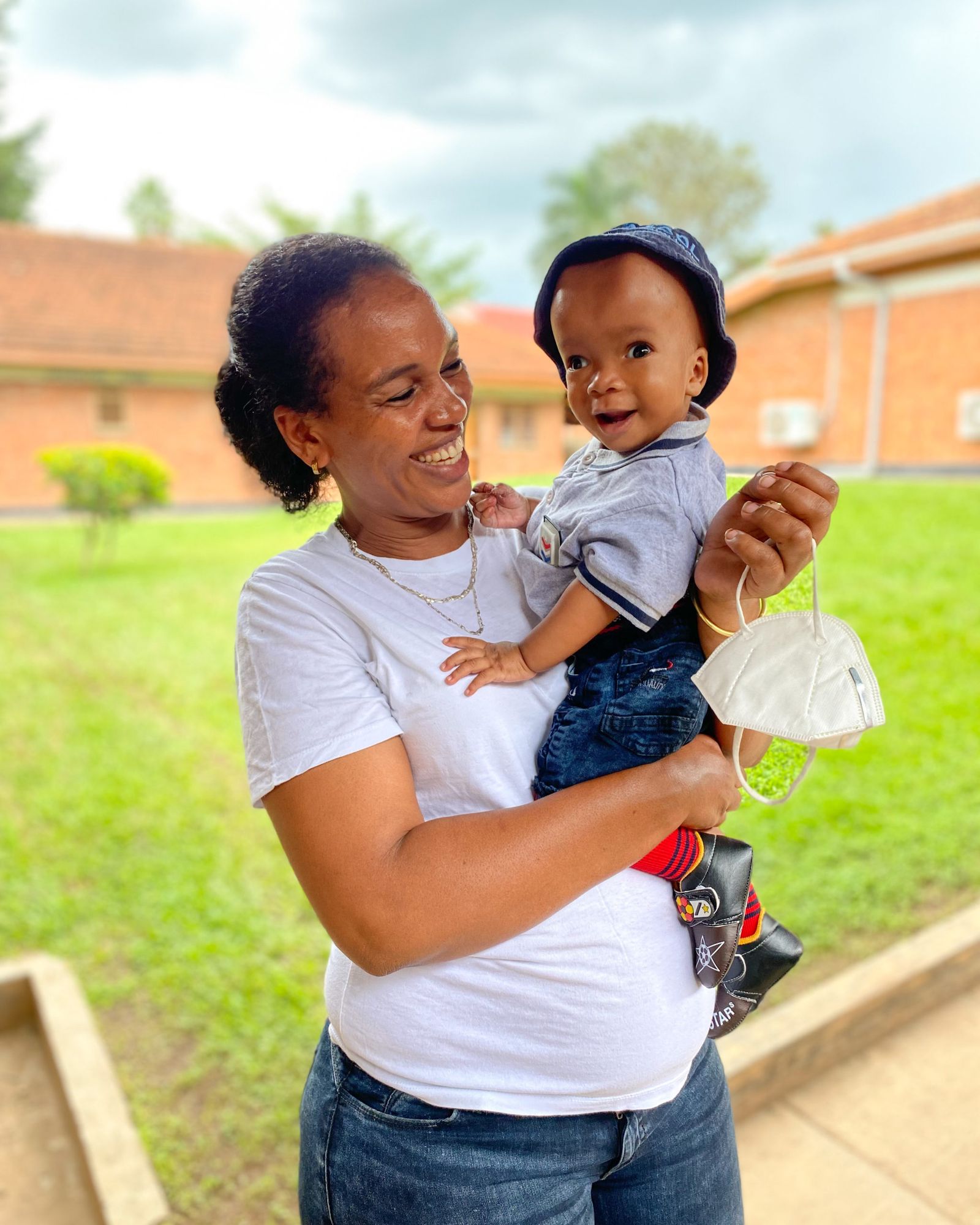
CUREkid Spotlight, Encephalocele
Christian | CURE Uganda
Before Surgery
Little Christian was born with encephalocele, a potentially fatal condition if not treated. His worried mom, Sarah, made the journey from South Sudan to CURE Uganda to receive lifesaving surgery for her son.
After Surgery
Because of generous donors around the world, CURE’s surgeons provided surgery at no cost to Christian’s family. Today, he is happy and healthy! Sarah says, “Thank you so much and God bless you!”
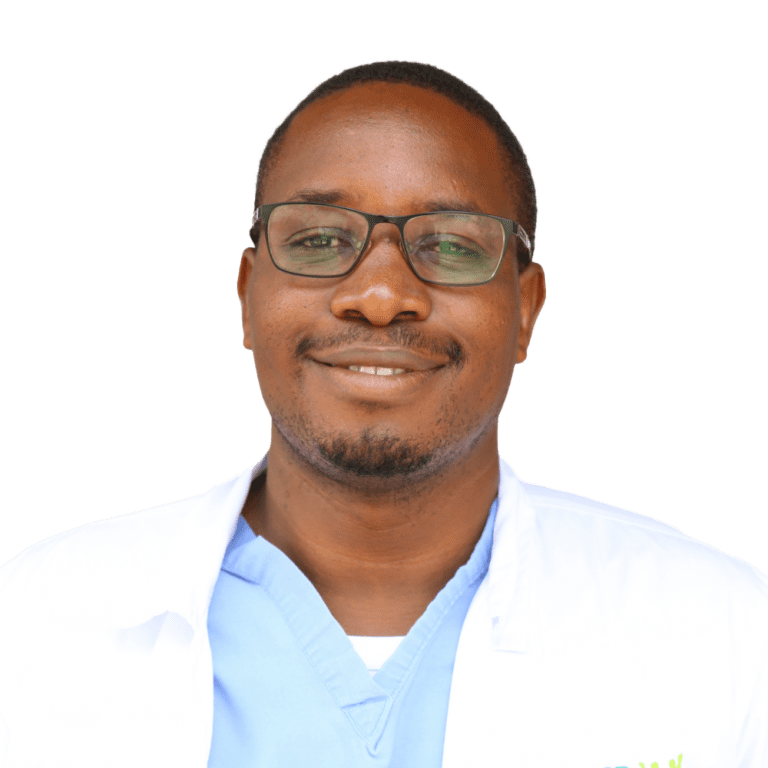
“Children with untreated encephalocele are at risk from infection entering the brain, which can be life-threatening. Often, their condition causes them to face discrimination. Early treatment can be lifesaving, and it can dramatically increase a child’s quality of life and help them gain acceptance within the community.”
— Dr. Emmanuel Wegoye, Medical Director at CURE Uganda


